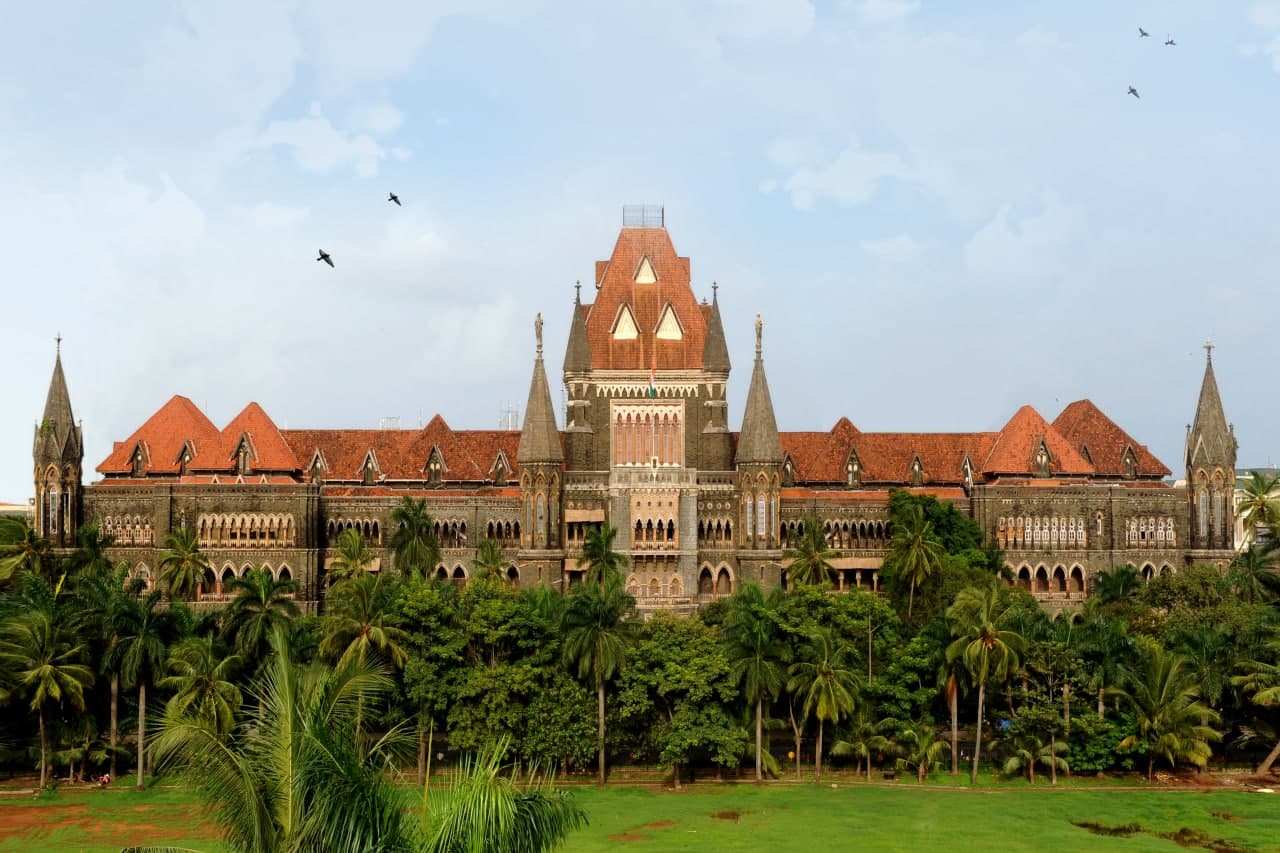
Bombay High Court Upholds Limited Liability Principle, Shields LLP Partners from Personal Liability in Arbitration Dispute
Court Strikes Down Joint and Several Liability on Designated Partners, While Affirming Validity of the Award Based on Arbitrator's Subject-Matter Expertise.
The Bombay High Court recently delivered a significant ruling, asserting that Limited Liability Partnership (LLP) partners cannot be held personally liable under an arbitral award. The Court, in an observation equally critical to the arbitration process, also held that arbitrators need not be lawyers and that their decisions should not be overturned simply because their reasoning may not be framed in the precise style of a trained legal mind.
Justice Somasekhar Sundaresan made the observation while upholding an arbitral award that required Proteus Ventures LLP to pay over ₹88 lakh of unpaid dues to Archilab Designs. The Court, however, ruled that the arbitral tribunal had erred in fastening joint and several liability on Proteus’ designated partners. "Proteus being a limited liability partnership, the liability of Proteus cannot be visited upon its partners,” the Court stated clearly while striking down that specific portion of the award.
Importantly, the Court stressed that an arbitral award cannot be set aside merely because the arbitrator does not have a law background and the reasoning in the award lacks the framing characteristic of a trained legal mind. The dispute arose after Proteus engaged Archilab Designs in August 2018 to design and refurbish its co-working spaces. Archilab executed work worth approximately ₹3.93 crore but only received about ₹2.04 crore, leaving a large unpaid balance. Proteus had admitted liability in an April 2019 email and made part payments, including a dishonoured cheque. After the dispute persisted, Archilab invoked arbitration before a sole arbitrator appointed by the Council of Architecture.
In August 2024, the tribunal directed Proteus and its partners to pay ₹88.08 lakh plus interest and an additional ₹24 lakh as damages for hardship and mental agony. This was subsequently challenged before the High Court. The Court acknowledged that the tribunal had been "successfully drawn into an error" regarding whether Mesh Co Works was a separate entity and concerning the application of the group company doctrine. However, the Court deemed this error severable, finding that the remainder of the award, particularly the order to pay unpaid dues, was legally sound.
On the critical question of partner liability, the Court stressed that the tribunal’s findings could not legally extend to the partners. “The vulnerability of the impugned award can be removed by removing the reference to joint and several liability of the designated partners... The impugned award can eminently be sustained by removing this element,” the Court said. Regarding damages, the Court upheld the ₹24 lakh award for hardship and mental agony, citing the Supreme Court’s ruling in Padmanabhan v. Natesan. It also rejected Proteus’ challenge to the independence of the arbitrator, who was a principal of an architecture college.
The Court placed significant emphasis on the role of domain expertise in arbitration, especially when the arbitrator is not a legally trained professional. Justice Sundaresan recalled the Supreme Court’s observations in Associate Builders v. DDA that arbitrators need not be lawyers and that their decisions should not be overturned simply because of the reasoning’s style. He noted that in the present case, the arbitrator's institutional appointment by the Council of Architecture was a strength in resolving a dispute concerning architectural design, refurbishment, and quality of work. “The Learned Arbitrator may be a lay person for the field of law but in dealing with a dispute over an architect’s work, he is most equipped, being well versed with issues involved in architecture disputes,” Justice Sundaresan observed.
Consequently, the Court dismissed the Section 34 petition under the Arbitration and Conciliation Act and upheld the award against Proteus Ventures LLP with the crucial modification that only the LLP, and not its individual partners, would be liable. Deposits made with the registry were ordered to be released within four weeks. Proteus was represented by Advocate Abhinav Chandrachud and others, while Archilab was represented by advocate Ali Abbas Delhiwala and others.
For any enquiries please fill out this form, or contact info@thelawreporters.com and Follow The Law Reporters on WhatsApp Channels